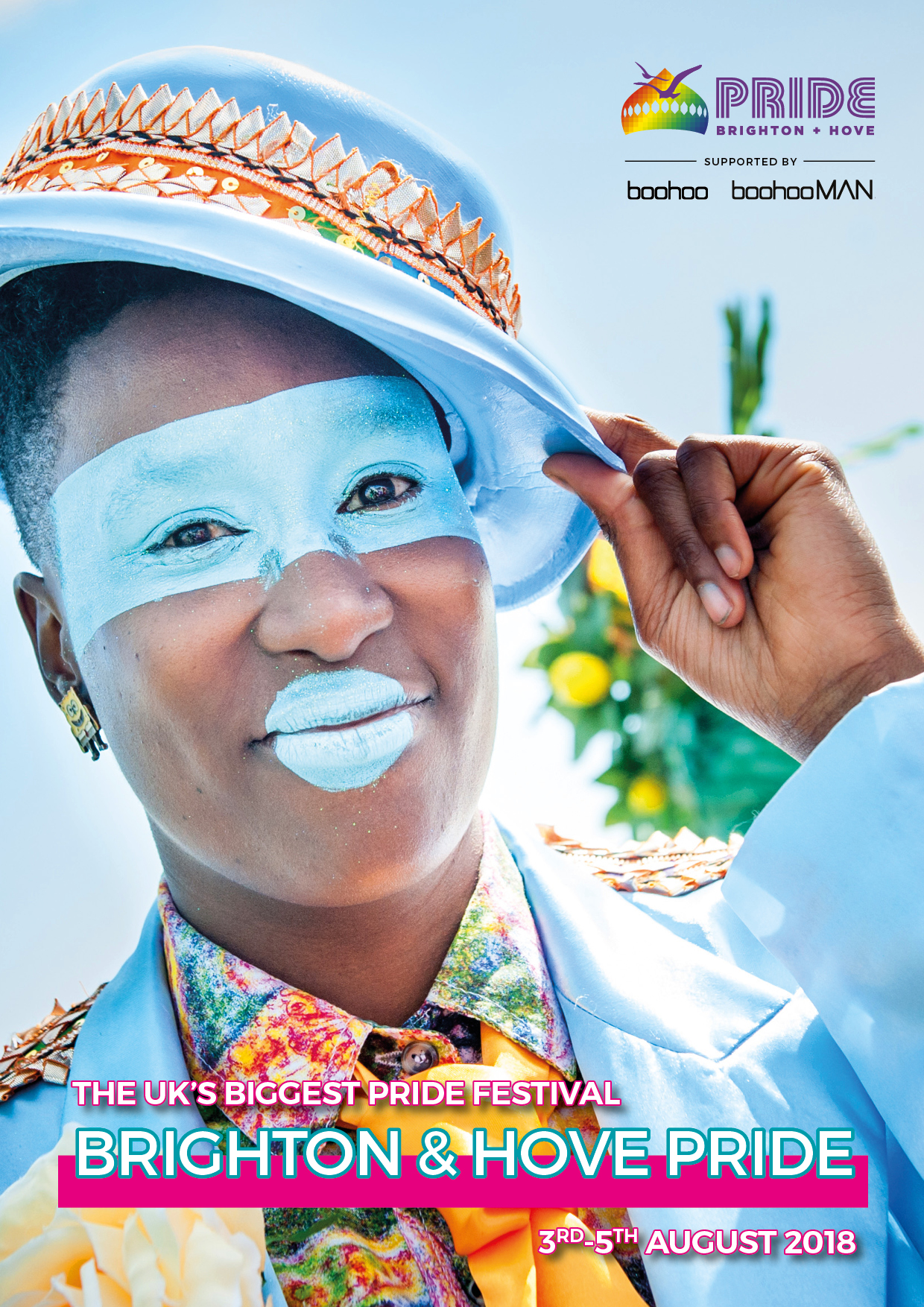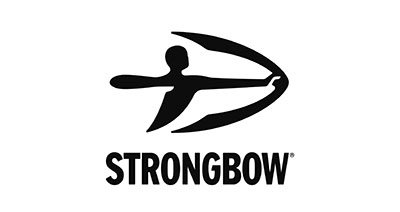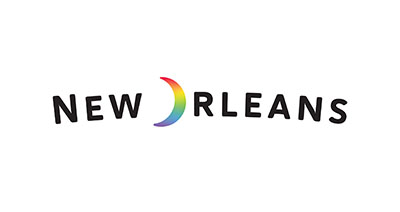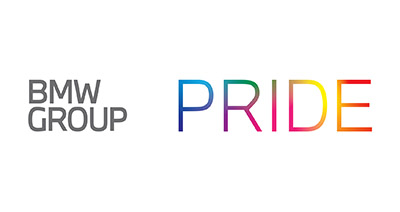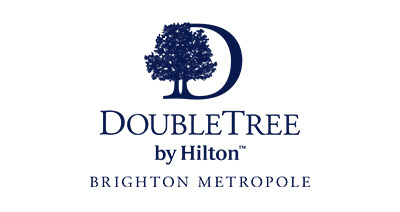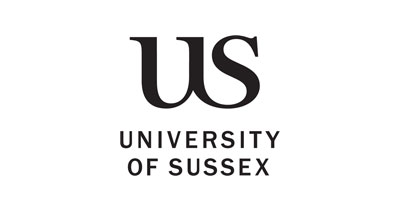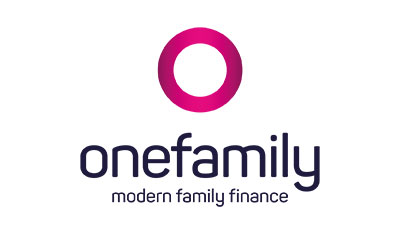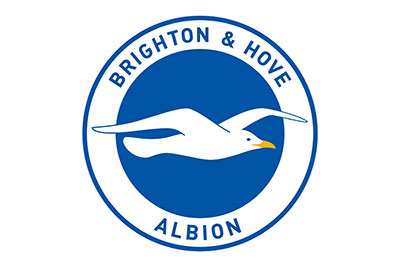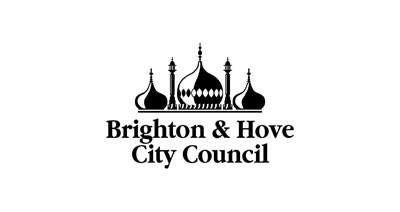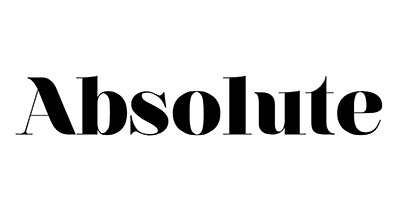Peter Tatchell is a human rights activist who lives in London. Born in Australia, he has been a campaigner since the age of 15 and is known internationally for his work supporting LGBT and human rights campaigns both in the UK and across the globe. In 2007, he was badly beaten in Moscow while campaigning with activists there for the right to hold Russia’s first LGBT Pride parade. Here, he speaks to Brighton & Hove Pride about the state of play across the globe today, the progress he’s seen in his 51 years of campaigning, and his involvement with the UK’s very first Pride parade in 1972.
Your campaigning has become more global as the years have gone on – do you find yourself travelling a lot more?
 My international campaigning is mostly in response to requests from activists in other countries asking me to help profile and amplify their struggle. I don’t need to travel to do that work – I do a lot of it from London. It’s all about solidarity with activists in those countries and those activists are the experts. I have been to some countries at the requests of activists there, including four trips to Russia to support the efforts to hold an LGBT Pride parade in Moscow. I also went to both Paris and Brussels in a bid to arrest President Mugabe. And in 1973, I staged the first ever gay rights protest in a communist country, in what was then East Germany.
My international campaigning is mostly in response to requests from activists in other countries asking me to help profile and amplify their struggle. I don’t need to travel to do that work – I do a lot of it from London. It’s all about solidarity with activists in those countries and those activists are the experts. I have been to some countries at the requests of activists there, including four trips to Russia to support the efforts to hold an LGBT Pride parade in Moscow. I also went to both Paris and Brussels in a bid to arrest President Mugabe. And in 1973, I staged the first ever gay rights protest in a communist country, in what was then East Germany.
How did you approach the task of overcoming the massive discrimination that the LGBT community still faces in Russia?
LGBT activism is most effective when it’s integrated into the mainstream human rights struggle, so in Russia I also support broader campaigns against the suppression of free speech, trade unions, journalists and lawyers. When we fight lone battles in isolation, we’re much weaker. In Uganda, they have a very good model where there is a coalition of over 50 civil society organisations that work together to defend the rights of women, trade unionists, ethnic minorities and LGBT people. They each support one another’s struggle. That collective strength and coordination makes them much more effective. This is the model that I try to encourage in countries around the world.
The struggle for LGBT rights in Russia gains a lot of coverage. Are there any countries where you feel that the LGBT movement isn’t getting due attention?
Tanzania, Ethiopia and Indonesia have, until recently, had no history of major state-sponsored homophobic persecution but suddenly the repression has escalated very severely. This is hardly getting any media coverage in the outside world, let alone solidarity and support from LGBT and human rights groups globally.
What’s caused this new crackdown?
In Tanzania and Ethiopia, it seems to be a spillover from the homophobic campaigns in neighbouring Uganda, plus the influence of religious extremists and government attempts to use the LGBT issue as a way of deflecting public attention away from their own failings.
How important is solidarity from the west for LGBT movements in developing countries?
International LGBT solidarity is really important and effective for isolated and supressed LGBT movements operating under homophobic regimes. It’s psychologically and emotionally very important for them to receive support from the outside world. I have long urged LGBT and Pride organisations in the West to twin with LGBT and Pride organisations in the global south – in countries like Honduras, Kenya and India. By comparison, western organisations are very well off and very well resourced. Quite small donations can have a huge positive effect for LGBT organisations in impoverished countries.
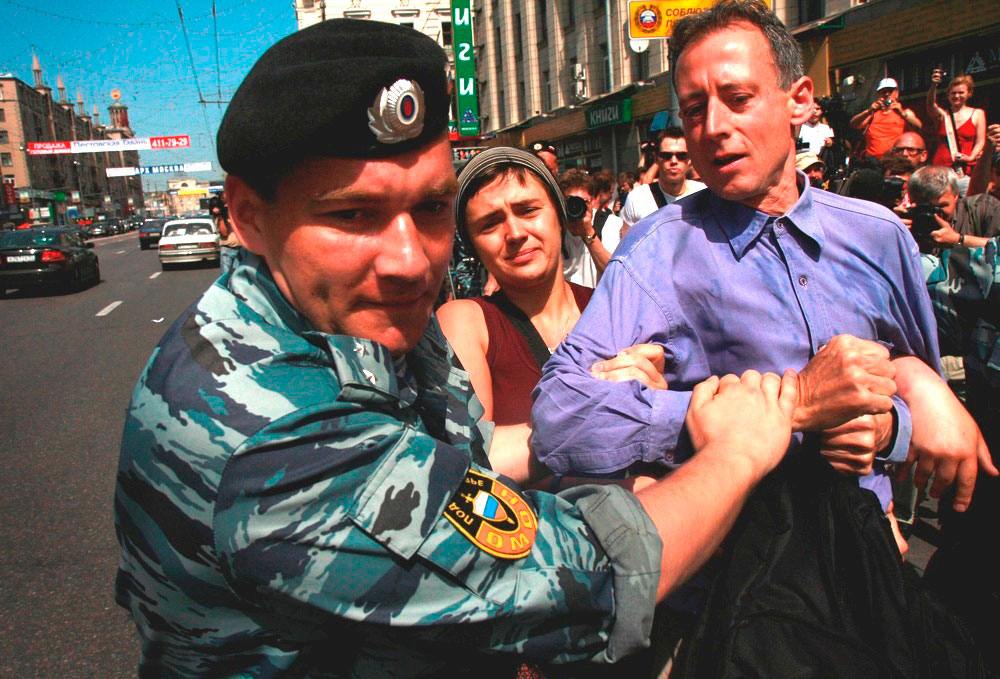 In many cases with your international campaigning, you’ve found yourself dealing with brutal personal attacks.
In many cases with your international campaigning, you’ve found yourself dealing with brutal personal attacks.
When I went to Moscow in 2007, I was very badly beaten by Neo-Nazis with the connivance of the Russian police, resulting in permanent damage to my right eye. And when I attempted to perform a citizen’s arrest on President Mugabe on charges of torture in Brussels in 2001, I was beaten unconscious by his bodyguards, which left me with on-going brain injuries.
How aware are you of the threat of violence when you go into these situations?
I’m inspired by non-violent civil resistance struggles, such as those by Mohandas Gandhi in India and Martin Luther King in the US. Their direct action methods involve confronting people in power who are abusing human rights. It also sometimes, where necessary, involves breaking unjust laws. I’m always conscious that this puts me and others at risk of police arrest and violence, plus the danger of physical assault by far-right extremists. It’s not a situation I want to be in but so often struggles for LGBT and other human rights require us to take personal risks.
Do you regret any of it?
Well, of course, I never wished to be harmed in that damaging, permanent way. But I’d probably do it all again, because what happened to me helped expose the homophobic violence of the Zimbabwean and Russian states. Plus, by comparison to the fate of LGBT and human rights defenders in those countries, I got off lightly. Many of them ended up detained without trial, tortured or even killed. I’ve done nothing by comparison to their extreme sacrifice and heroism.
Do you think everyone within them has the power to effect change and become involved in the international campaign for LGBT human rights?
To quote from M People, ‘search for the hero inside’. All of us have the capacity to do groundbreaking things for LGBT rights. Some of us choose to do so, others look the other way. But it is only those that step up to the plate who actually make a difference. I always say to people, ‘don’t leave LGBT rights to other people because they may be leaving it to you.’ Social progress, whether it be for the rights of LGBT people or anybody else, only happens when people take a stand. And often at considerable personal risk. In my own more than half a century of campaigning, I’ve been violently assaulted over 300 times, had 50 attacks upon my home, including three arson assaults and a bullet through the front door.
And broadly, do you feel optimistic about the progress we’ve made the fight for LGBT human rights as time goes on?
Overall, in Britain and internationally, LGBT rights have made huge strides since I first began campaigning in 1967 at the age of 15. We’ve seen dozens of countries decriminalise same-sex relations and dozens more enact legislation to protect LGBT people from discrimination and hate crimes. That’s made a tangible, positive difference to the lives of hundreds of millions of LGBT people the world over.
What do you think your 15-year-old self who first became involved in campaigning would make of the state of play with LGBT rights in the world today?
I remember in 1969, saying to myself that based on the experience and history of the black civil rights movement in America, it would probably take about half a century to win LGBT equality in western countries like the United States and Britain. It was a guess but it turned out to be pretty accurate. I resolved there and then that I would do my bit to help make that positive change happen.
For you personally, is there one moment from your 51 years of activism that stands out?
There have been too many. But the one thing I’ve learned over the more than five decades of my campaigning is that change only comes about when people say enough is enough. No reform happens of its own accord. It’s always the result of determined, brave individuals and organisations that have decided to stand up against the homophobic tyranny to which they’re being subjected. It’s that cumulative, collective effort, often over many decades, that has brought us to this place where global LGBT rights is far in advance of where it was when I began in the 1960s.
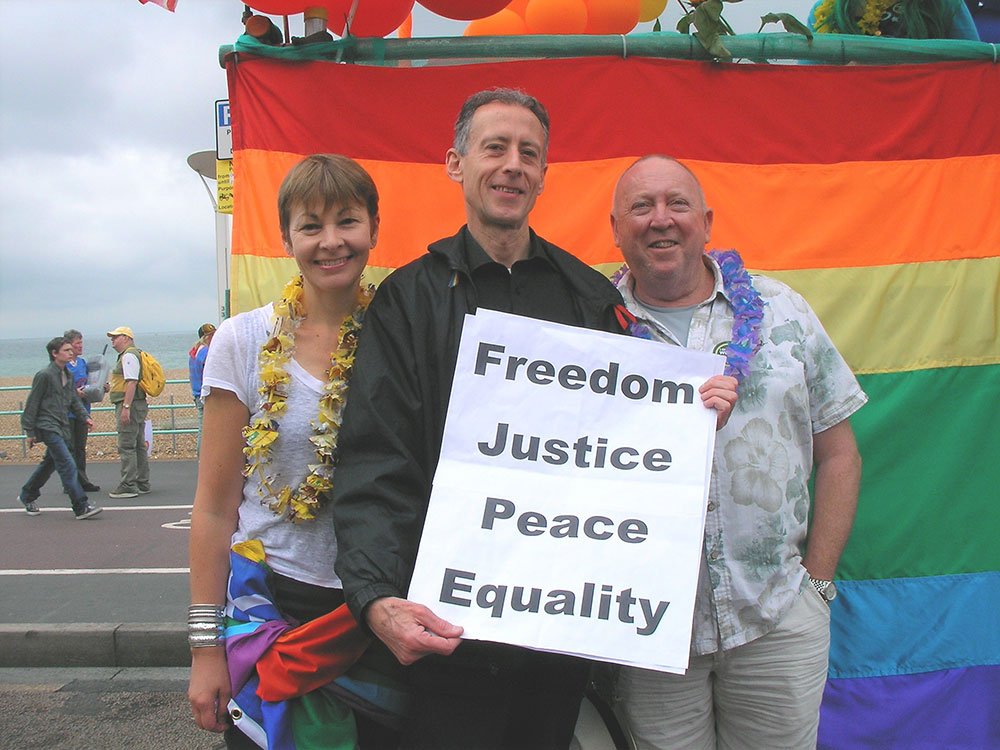 Despite all this change, I don’t suppose you plan to put down your placard and megaphone anytime soon?
Despite all this change, I don’t suppose you plan to put down your placard and megaphone anytime soon?
I’m 66. I have no plans to retire, at least not until I’m about 95. There is too much oppression of LGBT people to make me feel comfortable about taking a backseat. I want to carry on the work I’ve done for the last 51 years so that when I die, not just Britain but the world will be a fundamentally better place for LGBT people. I’m permanently mentally and physically exhausted from overwork, but I love what I do and am spurred on by the positive feedback I get from the people and causes I help.
And what keeps you going?
I love other people. I love freedom, justice and equality. I can’t stand seeing other people suffer. I put myself in their situation. If it was me being victimised, I would want someone to help me. Therefore, I feel a moral responsibility to help others who are being victimised.
Any particularly fond memories of Pride in the UK?
I helped organise the first Pride parade in the UK, which took place in London in 1972. I’ve been to every single London Pride parade since. I purposefully arrange my schedule to be in London every year to make sure I keep up this record. I’ve also attended nearly every Brighton Pride parade since the very first one. They’re all wonderful.
You said the job’s not over yet. Where would you hope to see us in 50 years time?
In 50 years time, I’d like to see the number of countries that have anti-gay laws whittled down to a mere handful, plus legislation in the vast majority of countries to protect LGBT people from discrimination and hate crime. I think that’s realistic and possible, but it’s hard to see how the theocratic Muslim majority states will secure that change. The ideology of Islamism is so homophobic and so deeply entrenched that I struggle to see how these religious-dominated states are going to change. Eventually they will, but probably not before an Islamic reformation.
The poor record of Commonwealth countries on LGBT rights has also been in the news, and you took part in the protests during the meeting of Commonwealth leaders that took place in London in April.
Yes. 36 out of the 53 Commonwealth member states still outlaw same-sex relations. Nine have life imprisonment and in parts of two Commonwealth countries – Pakistan and Nigeria – LGBT people can face the death penalty. This completely contradicts the Commonwealth Charter, which all these member states have signed. It is supposed to guarantee equality and human rights to all Commonwealth citizens – which obviously includes LGBT people. Right now, the Commonwealth leaders are allowing 70 per cent of the member countries to get away with mass anti-LGBT repression. That’s got to change.
What do you think of the British government’s response on this matter so far?
I lobbied Theresa May to make an apology to Commonwealth countries for Britain having imposed anti-gay laws on them during the colonial era in the 19th-century. To her credit, the Prime Minister did that. It was very helpful because it changed the LGBT narrative, highlighting the fact that the homophobic laws that exist are not authentic, indigenous laws – they were imposed by Britain as the imperial power. As independent nations, it’s time they ditched the toxic, poisonous, homophobic legacy of colonialism.
Do you think there should be pressure from the British government to effect change in these countries today?
Britain has no effective or legitimate role to play, by itself, in terms of challenging Commonwealth homophobia. That would smack of neo-colonialism and Britain yet again dictating to other countries. The initiative for change has to come collectively from those member states that have legalised same-sex relations. They need to work together to help secure change. One of the most effective things these countries can do is provide practical support to LGBT organisations in nations where sexual and gender minorities are still criminalised. Support and solidarity by the international LGBT community is also incredibly important and valuable.
You can sign up to Peter Tatchell’s free email bulletins at his foundation’s website, www.petertatchell.org, by clicking the ‘join us’ button for regular updates on LGBT and other human rights issues around the world.



